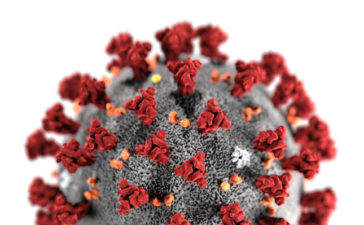Newyork: Have you ever wondered why you’re up all night after one Coffee but your friend can drink a double espresso after dinner and fall asleep with no issue.

A phyision found that there are two main genetic factors: either their liver can metabolise caffeine quickly or slowly,or they carry a genetic variation that makes their central nervous system more sensitive to it.
Dr J Langer said,“It’s common for people to ask their doctor questions such as why they are kept awake by one cup of coffee, while their partner easily falls asleep after five cups,”. “The answer is that we are all unique coffee drinkers.Our genetic make-up programmes our reaction to caffeine, just as it programmes our hair colour and eye colour.”

3 types of sensitivity determines what kind of Coffee drinker you are?
Based on these genetic factors, Langer proposed three descriptive levels of overall caffeine sensitivity:
1.High sensitivity to caffeine
There is slow-metabolism in the liver and high binding in the central nervous system. Even small amounts of caffeine will cause a stimulating effect and higher doses may cause sleep problems, as seen in a minority of people.
2.Regular sensitivity to caffeine
The balance between caffeine inactivation in the liver and binding in the central nervous system means that the individual can typically drink 2-5 cups of coffee during the day without adverse reactions or sleep disturbances. Caffeine is normally not recommended in the evening, but individual differences prevail, as seen in most people.
3.Low sensitivity to caffeine
Fast metabolisers of caffeine. Higher intakes can be consumed, (although healthcare professionals should advise that they still stay within the EFSA guidelines of no more than five cups of coffee per day). Coffee drinking before bedtime does not typically disturb sleep.

This report explained the genetic variations that affect individuals’ responses to caffeine in more detail, as well as outlining some of the non-genetic factors such as smoking status, pregnancy, and age.

The report also stressed the importance of taking individual responses into consideration when healthcare professionals are advising patients and consumers on their caffeine intake. The findings are published in the Institute for Scientific Information on Coffee.





